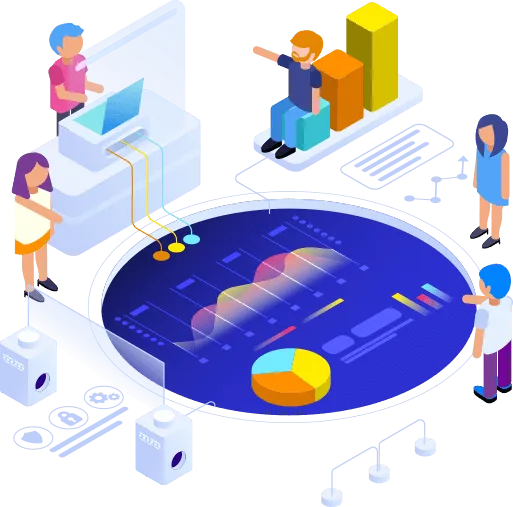
Virtuele Assistent
Mis geen enkel telefoontje meer met de virtuele assistent. Deze kan afspraken inplannen en vragen beantwoorden.

Slim CRM systeem
Automatisch gekwalificeerde leads, en een altijd up-to-date statusoverzicht van jouw klanten en prospects.

Workflow Automation
Wij automatiseren jouw bedrijfsprocessen waardoor er meer tijd overblijft voor andere zaken.
Ontdek hoe Datapad jouw bedrijf slimmer laat werken
Plan vandaag nog een gratis demo en ervaar zelf hoe onze virtuele assistent en slim CRM je tijd bespaart en kansen omzet in groei.

Why People Choose Us

986
Satisfied Customers

2036
Successful Projects

24%
Average Conversion

100%
Guaranteed Results

0970 102 74466
Automatiseringsnieuws in je inbox:
Volg ons via:
© Copyright 2025. Datapad. All rights reserved. - Algemene voorwaarden
